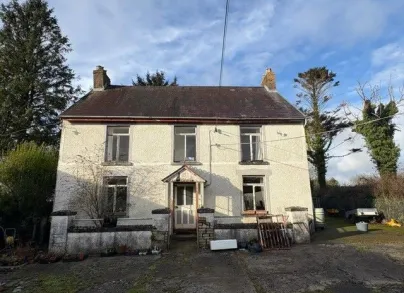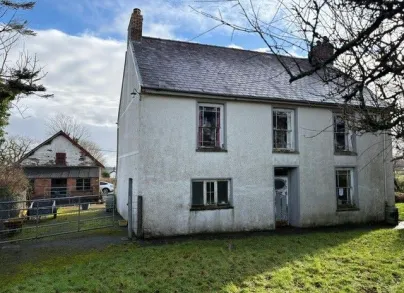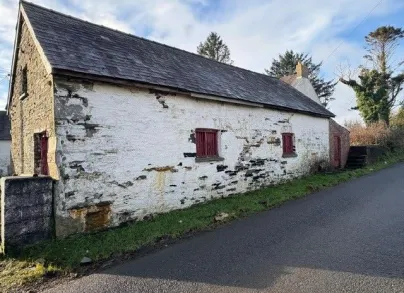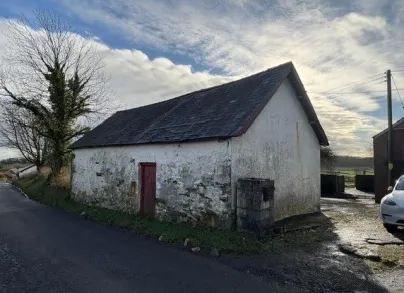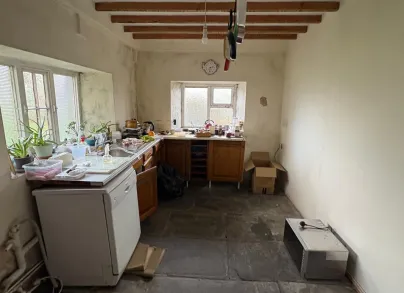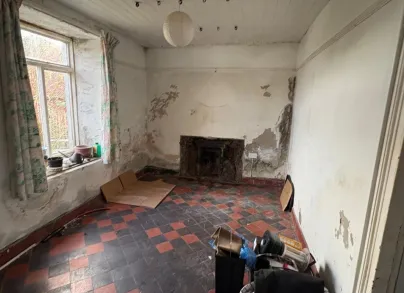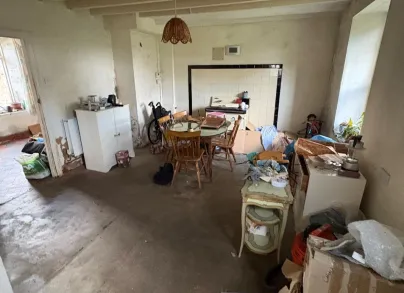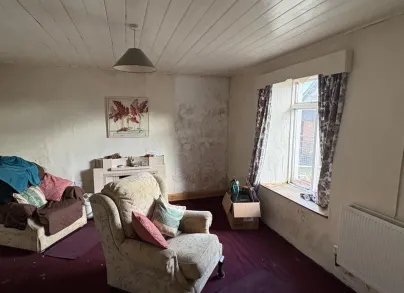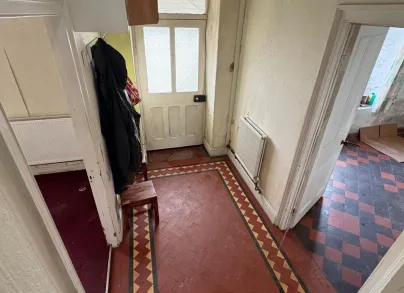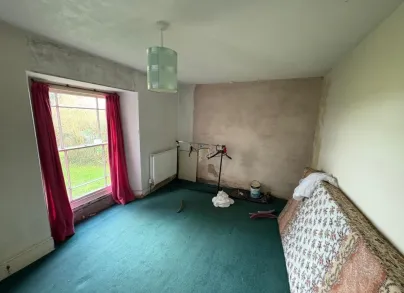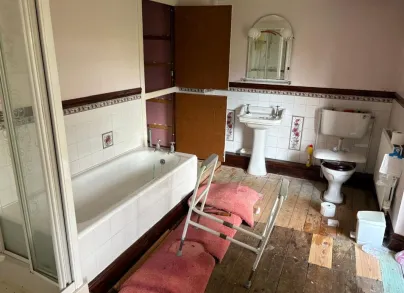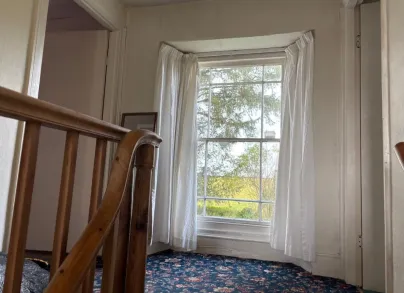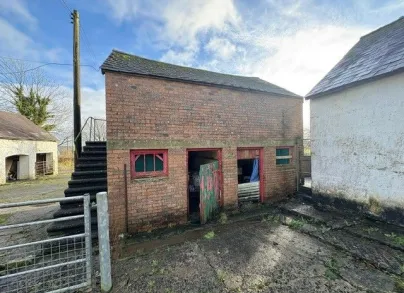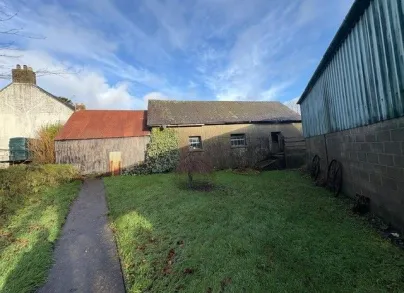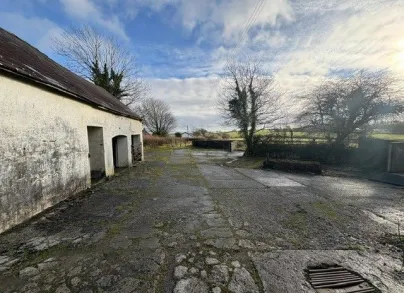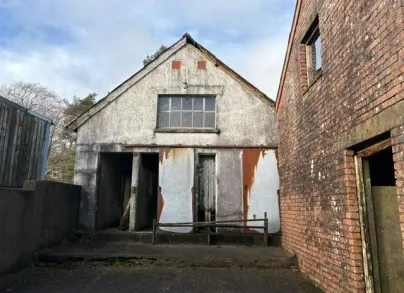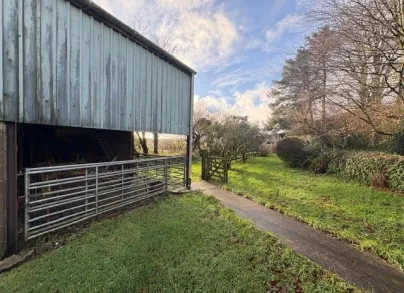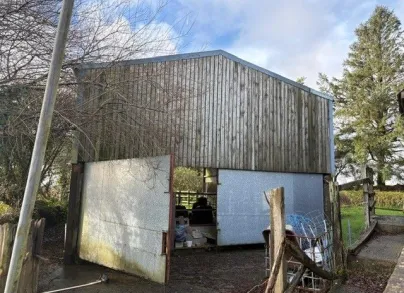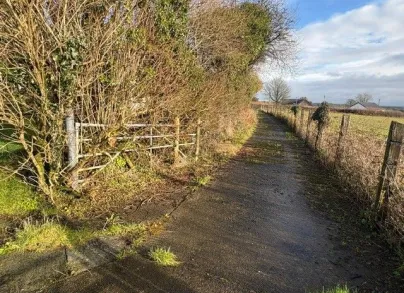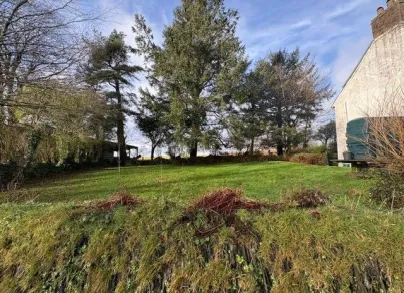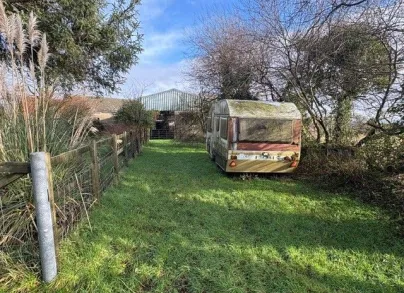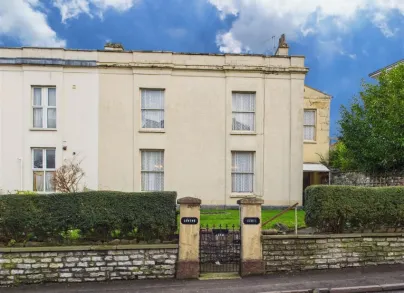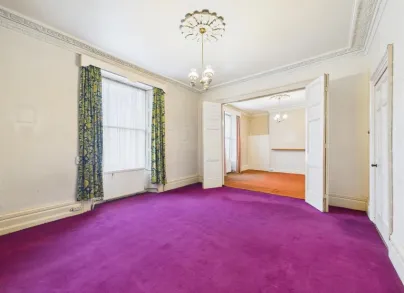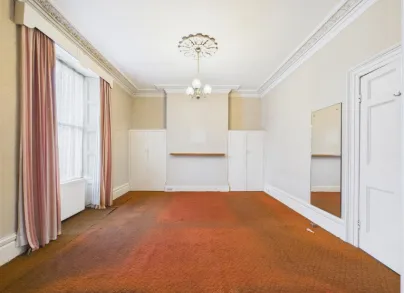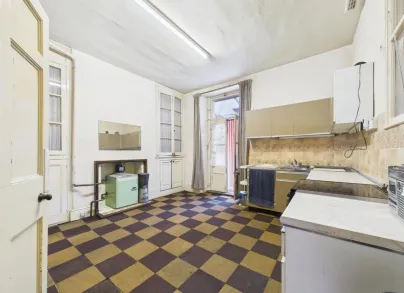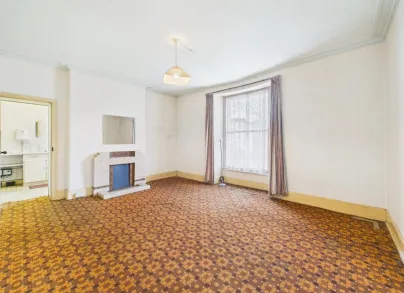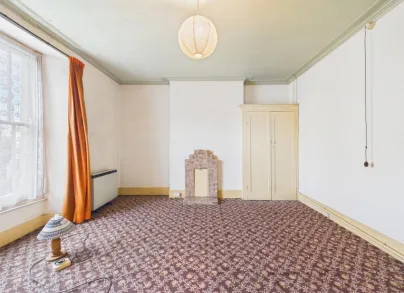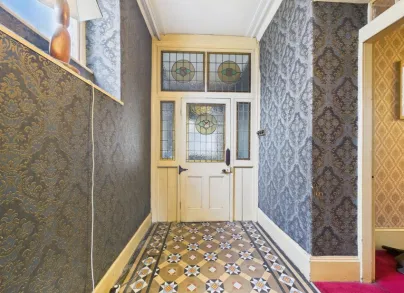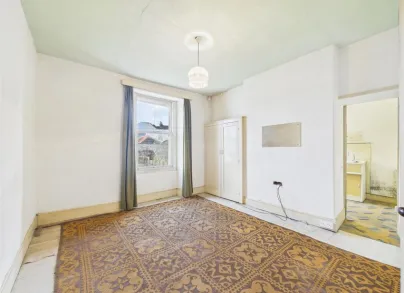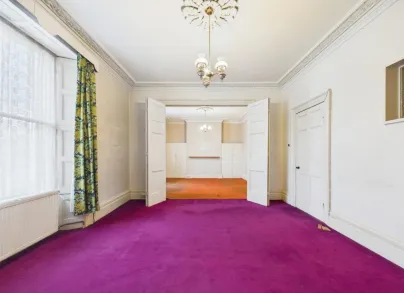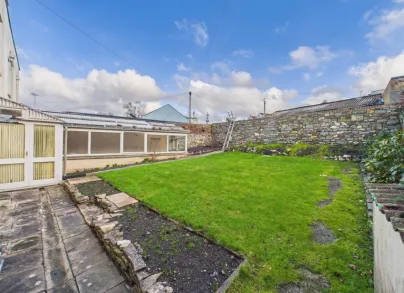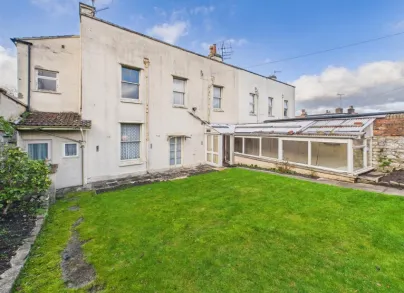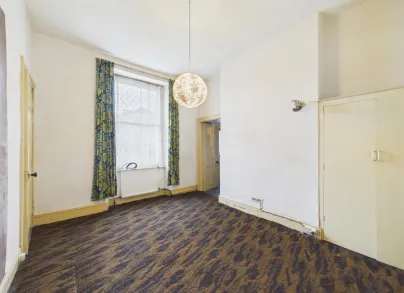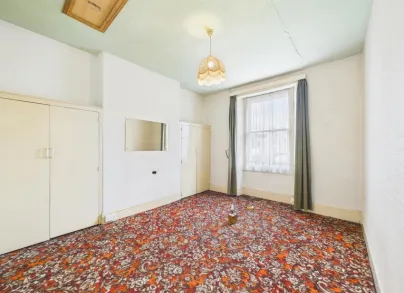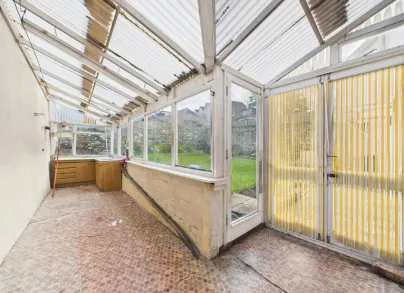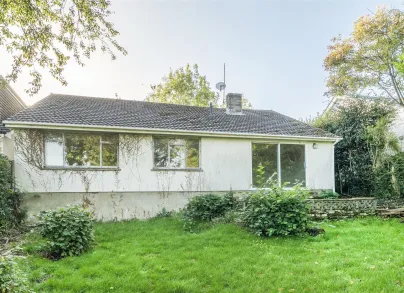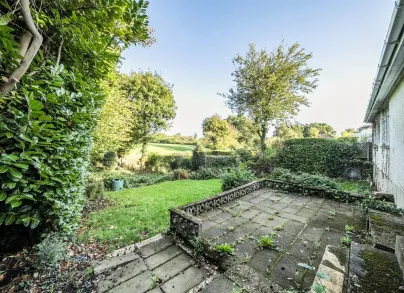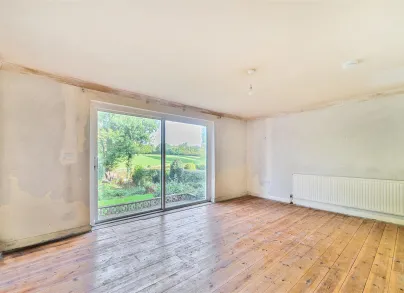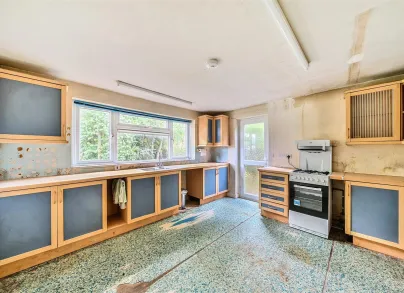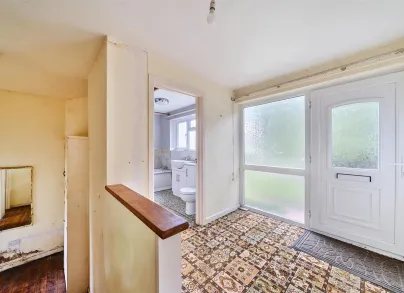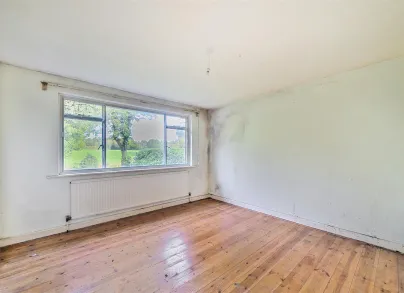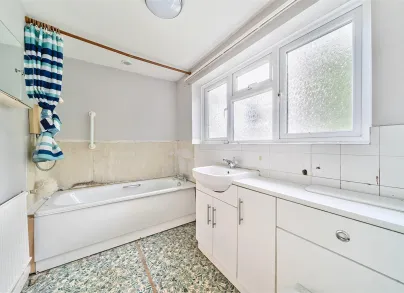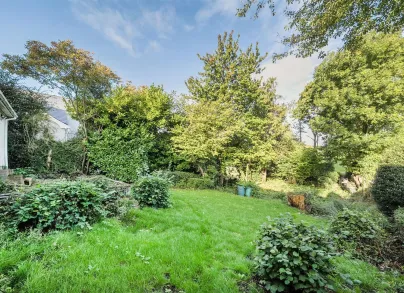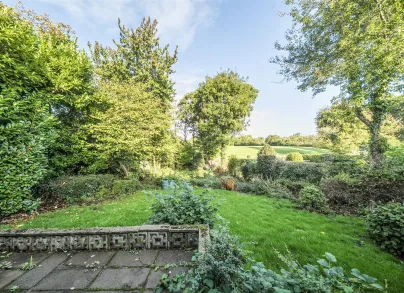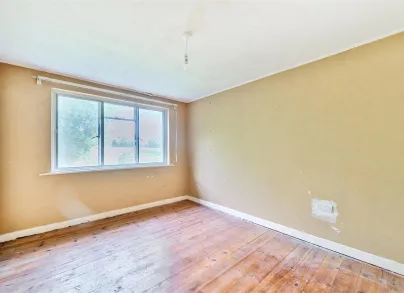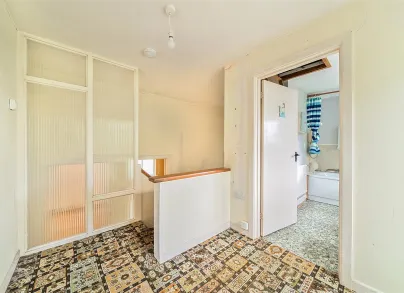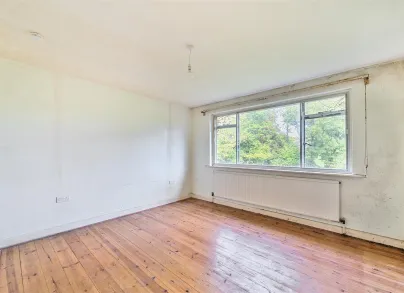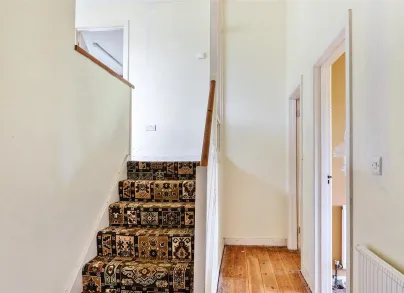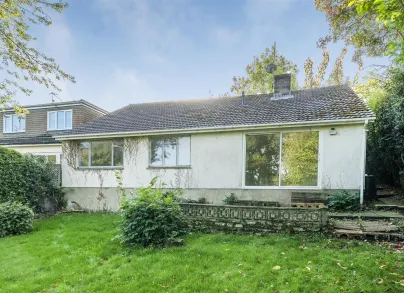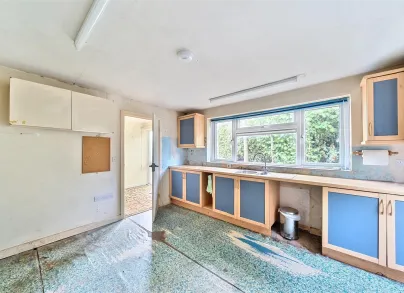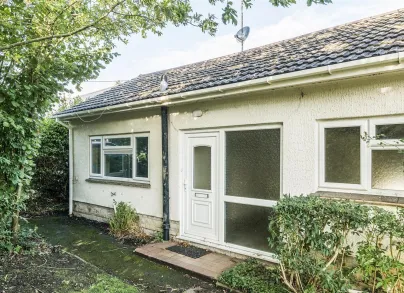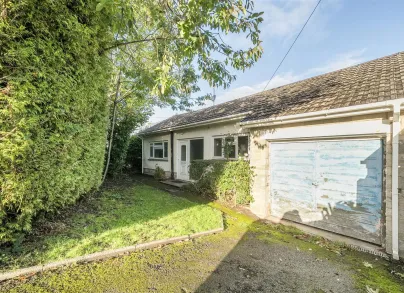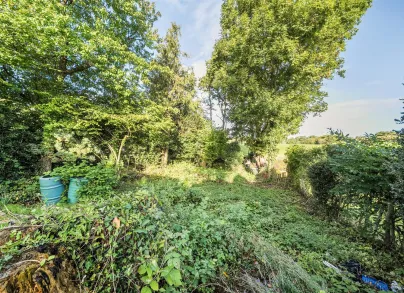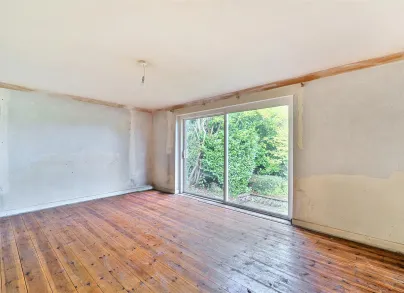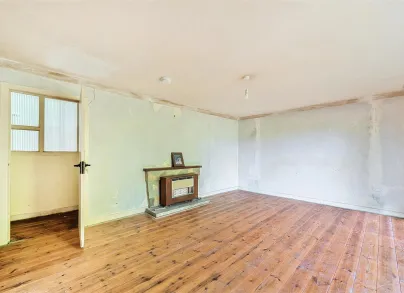Find UK Auction Property – Start Your Search Now
Register or Sign in for access
Have a property to sell?
Get an estimate of what your property could sell for
Quick and easy, transparent and stress free
Traditional auction sale so no gazumping or gazundering
28 days post exchange


Property for sale at auction
Register For:
Full property details, street view, google map, virtual tours (if available)
Auctioneers’ website and contact details
Auctioneer directory, auction calendar and property auction alerts
Frequently Asked Questions – How UK Property Auctions Work
Have a different question and can’t find the answer you’re looking for? Contact Us
What are Property Auctions?
Property auctions are a fast and efficient way to buy or sell properties, a process that appeals to all. In the UK there are many auction houses across the country.
At a property auction, properties are sold to the highest bidder, with a reserve price set by the seller to ensure a minimum acceptable price. The auction can be in person, online or by phone, so it’s convenient for buyers and sellers alike. This method of sale is transparent and quick, a clear and simple route to property ownership or sale.
Benefits of Property Auctions
Types of Auctions
Property auctions in the UK can be classified into several types, each with its own characteristics and benefits. Here are the most common types of auctions:
Traditional Auctions: These are the most common type of auction, where properties are sold to the highest bidder in a live auction. They take place both in room and online. This is the most well-known and popular method of auction sale for both buyers and sellers. A traditional auction is an unconditional sale process; once the hammer falls, contracts are exchanged and a deposit of usually 10% is paid. The balance is normally transferred 28 days later upon completion.
Timed Auctions: In timed auctions properties are listed online for a set period, and bidders can bid during that time. The highest bidder at the end of the time period wins the property. This type of auction offers a structured but flexible approach so bidders can bid at their leisure.
Modern Method of Auction: This type of auction is a conditional sale process. The winning bidder pays a reservation fee at the end of the auction. This gives them an exclusive period in which to buy the property, however it is not legally binding, so there is a risk of the sale falling through. The buyer will have 28 days to exchange contracts and a further 28 days to complete.
Auction Terms
Understanding the language used in property auctions will help you feel more confident. Here are some of the key terms:
Reserve Price: The minimum price a property can be sold for. So, the seller gets an acceptable price for their property.
Guide Price: An estimate of the price a property will sell for. A reference point for buyers.
Starting Bid: The price at which bidding starts. Set by the auctioneer to get the auction underway.
Proxy Bid: A bid on behalf of a buyer who can’t attend the auction. So, buyers can participate even if they can’t attend in person.
Online Auction: An auction that takes place online so buyers can bid from anywhere. More convenient and accessible.
Timed Auction: An auction that runs for a set period with bidding closing at a specific time. A structured but flexible way to bid.
How to Bid at a Property Auction
Preparing for a property auction requires planning and research. Here’s what to do:
Research: Before attending an auction, it's crucial to do your homework. Start by studying the auction catalogue or the individual property listings on the auctioneer’s website. Research the local property market and the auction house. Knowing the process and what to expect will help you make informed decisions. Request a copy of the legal pack from the auctioneer as early as possible to undertake due diligence.
Understand the Legal Pack: Each property at auction will have a legal pack prepared by the seller's solicitor. Make sure you thoroughly review the legal pack before participating in any auction. The pack contains crucial documents such as the title deeds, lease information (if applicable), and any legal issues affecting the property. It is important to carefully check the special conditions of sale where any additional fees payable by the buyer to the seller upon completion, are also documented.
Get Professional Advice: Talk to a solicitor or surveyor to understand the auction process and the legal pack. Professional advice will give you peace of mind and insight.
View Properties: Inspect the properties for auction to identify any potential issues or defects. This is critical to avoid surprises. Research their market value to see if they meet your criteria.
Get A Survey: If you’re serious about a property, it’s wise to commission a survey. This can reveal any hidden issues that might not be apparent during a standard viewing. While this does incur an extra cost, it can save you from costly surprises down the line.
Register: You will need to register to bid – typically, this must be done before the auction date. It’s also important to check out the bidder registration conditions, which can vary by auction type and auction house.
Get Finances in Order: Make sure you have the funds to buy a property including a deposit and, if required, a mortgage. Having your finances sorted will make the process easier.
Set a Budget: Set a budget and stick to it, so you don’t get caught up in the excitement of bidding and overspend.
Bid: Bid online or in person depending on the auction format. Stay calm and composed to make informed bids.
Starting Bid: The bid starts with a starting bid which is usually set by the auctioneer. This sets the tone for the auction.
Bidding Increments: Bidding increments are set by the auctioneer and bidders must bid in these increments.
Proxy Bids: Proxy bids can be placed on behalf of a buyer who can’t attend the auction. So you can participate even if you can’t attend in person.
Online Bidding: Online bidding allows buyers to bid from anywhere, often used in conjunction with live auctions. More flexible and convenient.
Closing the Auction: The auction closes when the bid reaches a certain time or when the auctioneer declares the sale. The highest bid at that point gets the property.
Auction Fees and Charges
Auction fees and charges vary between auction houses and types of auctions. Here are some common fees and charges:
Buyer’s Premium: A buyer’s premium is a fee to the buyer, usually a percentage of the sale price. Added to the final bid.
Seller’s Commission: A seller’s commission is a fee to the seller, usually a percentage of the sale price. Covers the auction house’s costs.
Registration Fee: A registration fee may be charged to bidders to register for the auction. So only serious buyers participate.
Deposit: A deposit will normally be required to purchase a property. This deposit is usually a percentage of the final sale price and is paid immediately after the auction.
Always check thoroughly the LEGAL PACK for any additional fees that might be payable!
Buying at Auctions
Buying at auction can be a cost-effective and easy way to get a property. Buyers should also note the auction date so they can prepare to bid. To bid, buyers must first register for the auction, provide ID and proof of funds.
Bidders can then bid in person, online, or by phone. The highest bid that meets or beats the reserve price gets the property. No long negotiations and a clear outcome, that’s why many buyers love it.
Selling at Auctions
Selling at auction can be quick and easy to get a sale. The auction process attracts many potential buyers, so the chances of a sale are higher.
The auctioneer’s gavel is the final bid and the end of the sale. Sellers can set a reserve price to get a minimum acceptable price for their property. The competitive bidding environment often gets higher sale prices as buyers fight to get the property.
The auction process is transparent and simple so a fair way to sell property. Sellers can choose between a fixed price sale or reserve price sale depending on their preference and goals.
Auction Process
The auction process is as follows:
Pre-Auction: Before the auction, properties are listed and marketed to potential buyers. This includes advertising the property, providing details, legal packs, and viewings. This stage is critical to generate interest and make sure buyers have all the information. Buyers should also note the auction house fees that apply.
Registration: Bidders must register to bid. This process is simple even for a first time buyer to make sure all participants are well-prepared and informed. This involves providing ID and proof of funds. Registration ensures all participants are serious buyers and adds a layer of security to the process.
Bidding: The auctioneer will start the bidding and bidders can bid in person, online, or by phone. This stage is dynamic and competitive with the auctioneer guiding the process to ensure fair and transparent bidding.
Reserve Price: Each property has a reserve price which is the minimum price the seller will accept. If the bidding doesn’t reach the reserve price, the property may not be sold. The reserve price protects the seller’s interest and ensures they get a reasonable sale price.
Sale: If the bidding reaches the reserve price, the property is sold to the highest bidder. This is the end of the auction process where the successful bidder gets the property.
Post-Auction: After the auction, the buyer and seller will sign a contract, and the sale will be finalised. This stage involves the legal and financial formalities to complete the transaction and transfer of ownership.
Auction Houses
Auction houses are the middlemen in the property auction process, they are the bridge between buyers and sellers. The auctioneer’s hammer is the symbol of authority and is used to knock down the bid during the auction.
In the UK, there are many auction houses across the country, each with their own expertise and market knowledge. These institutions provide guidance and support throughout the auction process for both buyers and sellers to achieve their goals. A good auction house will offer full service from property valuation to marketing and conducting the auction to ensure a smooth transaction.
Auction Results and Market Trends
Auction results can give you an insight into the market trends and demand for properties. Here are some stats:
Success Rate: The success rate of auctions varies depending on the type of auction and the market conditions. But on average 70-80% of properties sold at auction are sold to the highest bidder. This high success rate proves that auctions work in the UK property market.
Price Achieved: The price achieved at auction can be above the reserve price especially if there is high demand for the property. Competitive bidding drives up the final sale price for the seller.
Buyer Profile: The profile of buyers at auction can vary but typically includes first time buyers, investors, and developers. Auctions attract a wide range of buyers each with different motivations and strategies.
Regional Variations: Auction results can vary across different regions in the UK, some areas have higher demand and prices than others. Knowing the regional trends can help buyers and sellers make informed decisions.
Market Trends: Auction results can give you an insight into the market trends such as demand for certain types of properties, impact of economic conditions, and government policies. There is also a high demand for plots of land which are often sought after by developers and investors to build new properties. By analysing these trends buyers and sellers can stay ahead of the game and make strategic decisions.
Moving Home
UK Auction List works with our partner, Really Moving to provide everything you need for a stress-free move.
